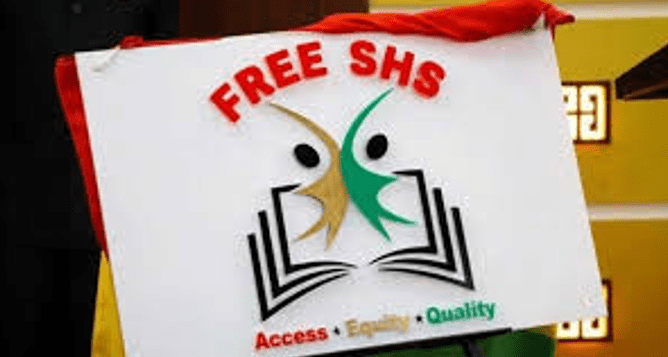By Ernest Bako WUBONTO
The Africa Education Watch (Eduwatch) has called on future governments to reconsider covering West African Senior School Certificate Examination (WASSCE) fees for students under the Free Senior High School (FSHS) programme.
This follows delays in releasing the 2024 WASSCE results, attributed to financial constraints preventing the state from settling arrears owed to the West African Examination Council (WAEC).
Over 460,611 candidates who completed the West African Senior School Certificate Examination (WASSCE) this year are yet to receive their results. The delay stems from WAEC’s inability to complete the release process due to outstanding arrears owed by the government.
Head of Public Affairs at WAEC, John K. Kapi, reiterated that the council is awaiting payment of GH₵118million from the Ministry of Education (MoE) before his outfit can release the results.
In a press release issued by WAEC on December 9, 2024, the examination body mentioned that it has successfully completed the marking of essays and practical components of the WASSCE papers.
However, the scanning of objective cards, scheduled for November 1 to November 30, has been delayed due to a malfunction of the scanners used in the process. The WAEC is expecting the funds to procure and repair the faulty scanners and continue with the scanning process and other post-examination activities.
CSOs concerns
The Executive Director of Eduwatch, Kofi Asare, speaking to the B&FT on the side-lines of ECOWAS CSOs Summit, condemned the government’s wholesale FSHS policy as unsustainable and inefficient. He said it places a huge financial burden on the state.
He mentioned that the decision of the government in 2020 to add WASSCE examination fees to FSHS covered expenditure is beyond simple logic as government was at the time already struggling with funding for the programme.
“In 2020, the government added free WASSCE to the FSHS programme. Meanwhile at the time, it was already struggling to fund the existing programme. The free WASSCE bid added an additional unit cost of about GH₵400 to each student. By virtue of the new decision, government is to pay GH₵170million to WAEC for just that exams this year. Are we saying that parents cannot pay this after the government has absorbed the school fees for three years? He quizzed.
While alluding that some parents might definitely find problem paying, he urged for a targeted approach for parents who cannot genuinely pay to be taken through special process and their fees taken care of.
“We, the CSOs, have always held the view that going wholesale with the FSHS programme is not the best as it does not ensure value for money. If government has the resources, paying for both poor and rich wouldn’t be a problem; but in face of the recent resource constrains, such a decision is a bad one.
It is a fact that all private WASSCE candidates have paid their fees but majority of the candidates – about 96 percent – are from the public schools; and the government must pay with immediate effect for the work to be done properly.
He reiterated the need to have a public discourse about the design of the current FSHS programme.










